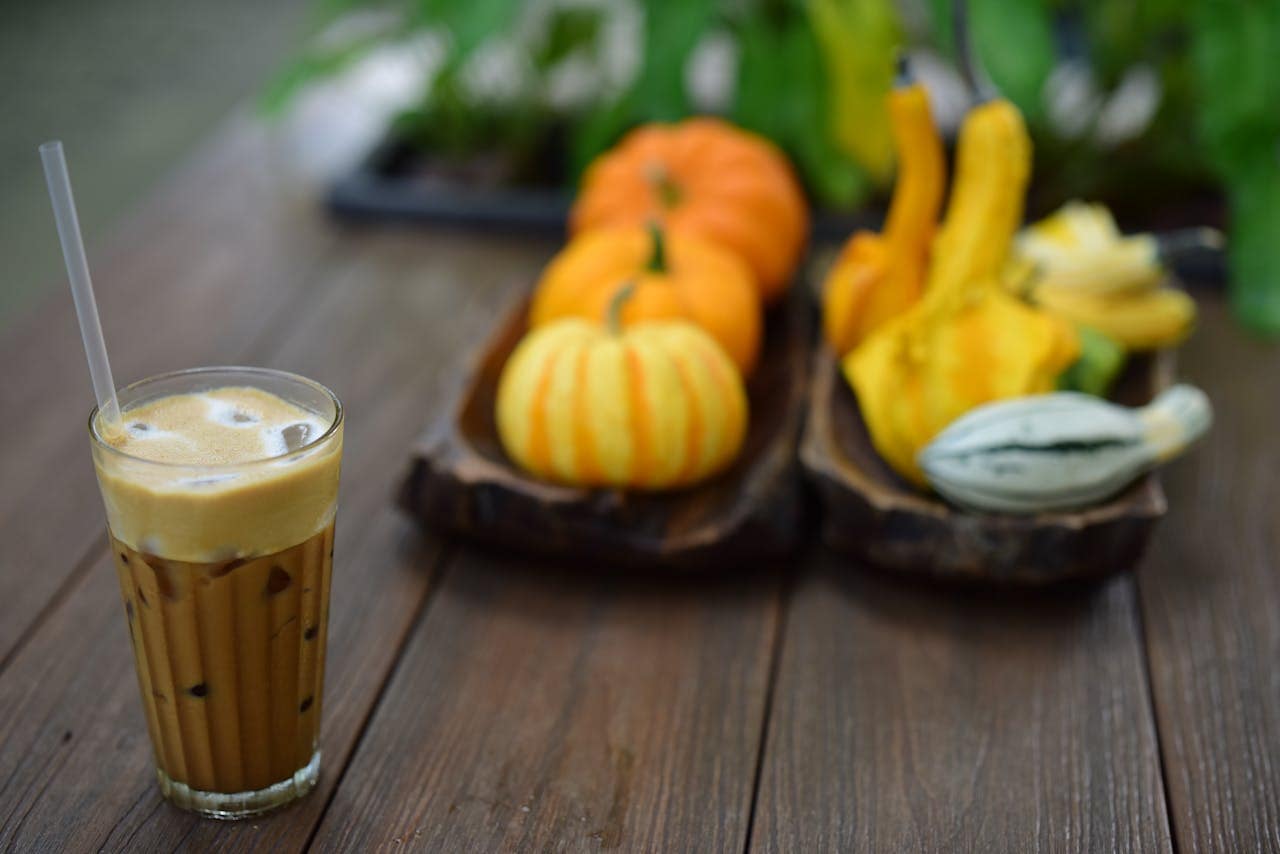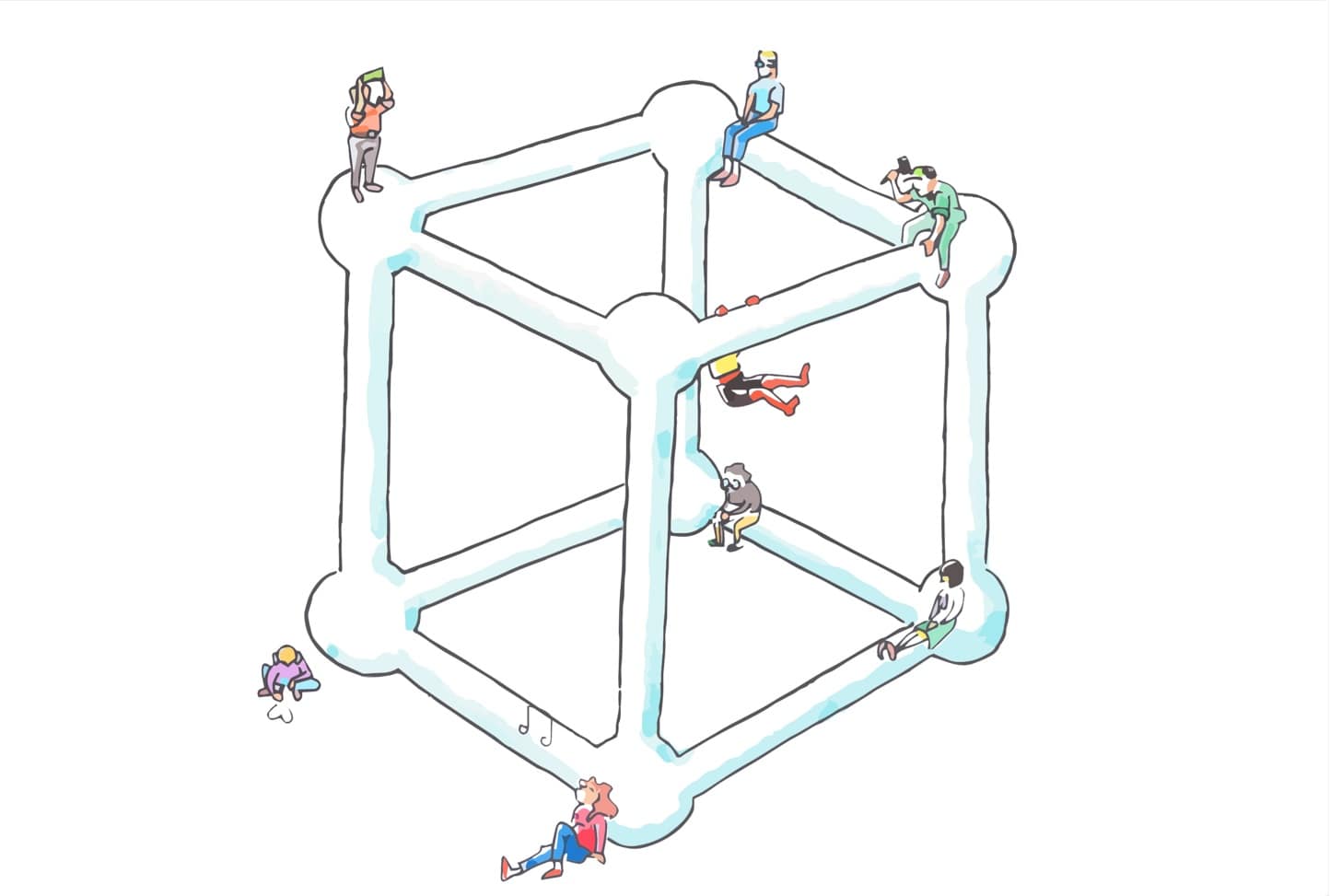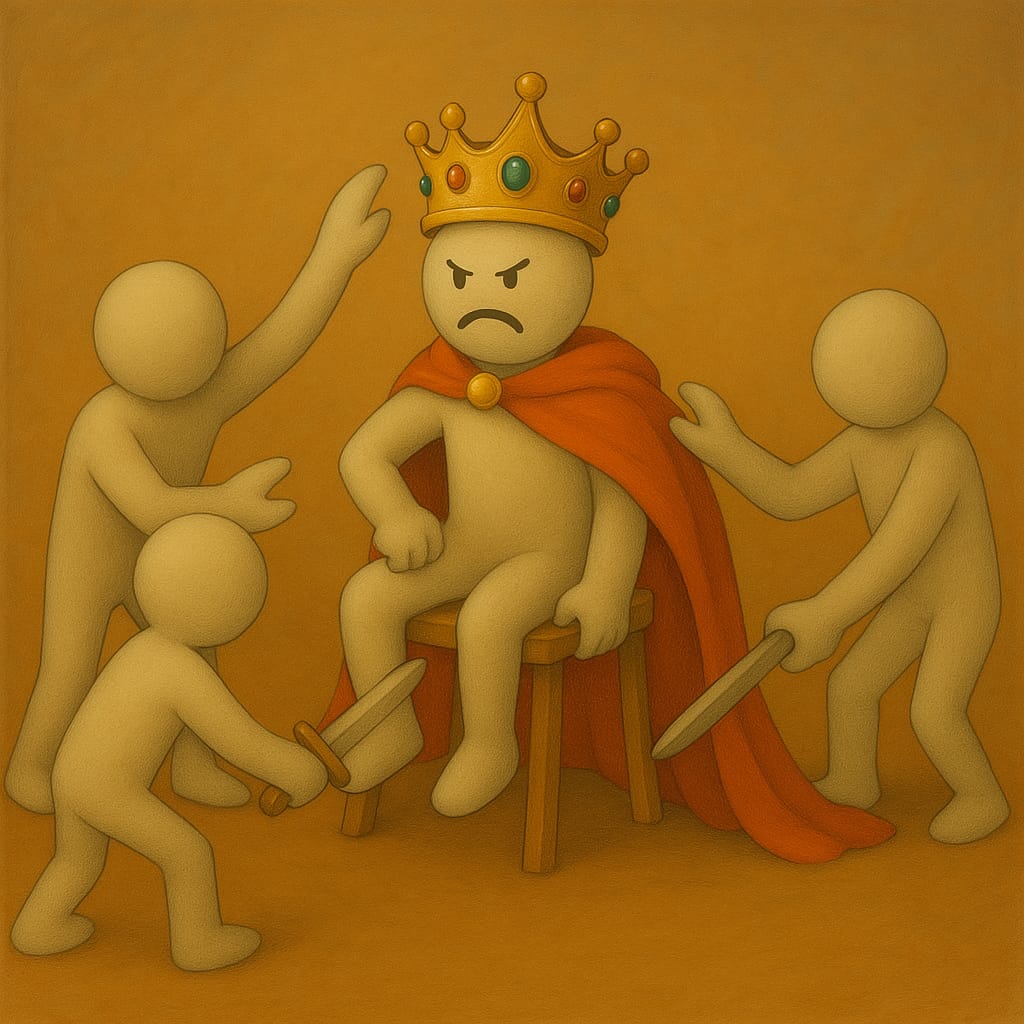
PhD life: Notes from the other side
I started my PhD with a strong belief that “hard work pays off”. This belief has guided me throughout my entire life and has been instilled in me since I was young. Good grades, scholarships, a Bachelor’s and a Master’s with no delays, and even a Master’s Cum Laude. All my successes reinforced the idea that hard work and putting effort were the key to success.
After four years of doing my PhD, I realized that, as empowering as this belief sounds, it overlooks an uncomfortable truth. Much of what shapes our achievements, opportunities, and setbacks lies outside of our control. No matter how hard you work, the payoff isn’t guaranteed, and all that hard work can jolt you into exhaustion instead of leading to wins.
Don’t get me wrong: a PhD can be a very enriching journey, it can open a lot of doors, connect you with amazing people, and –if you’re lucky– yield publications. But it can also flip your worldview upside down and become a test about discovering who you are when you take the effort and control away, and strip away the ego highs and lows that come with a prestigious title.
Habits and routines
I spent four years investigating the self-regulatory role of habits and routines at work. Early on, I read a paper entitled “Habits in everyday life: thought, emotion, and action” (Wood et al., 2002), which found that almost half of the behaviors we do daily, 42% to be precise, are carried out automatically. In other words, almost half of what we do daily is not the product of our deliberate effort at that moment. Rather, it’s a mishmash of goal-directed behaviors that have become automatic responses, helping us handle similar situations again and again. Clearly, if nearly half our days run on autopilot, then those behaviors must serve a purpose; they cannot just be empty actions. Finding the functions of habitual behaviors became the central topic of my dissertation. Looking back, I find it quite ironic that someone who strongly believed in deliberate effort and self-control (me) started investigating the purpose of a behavioral process that means exactly no control.
Besides being great at saving cognitive resources, habits and routines are also great at making you feel like you have your life together
My PhD life was just like everybody else’s, full of highs and lows: two years mapping out what we know about habits in a literature review, a longitudinal study with a model that refused to converge for a whole year, a scale development project that, against all odds, went smoothly, and endless manuscript revisions that made me question whether “hard work” really paid off at all. But the evidence was clear: achieving goals does not just depend on hard work. It depends on the systems you build around yourself. When routines and habits handle the everyday stuff, you don’t waste energy deciding what to do next. You can use that energy for things that really matter, like working on a creative idea (Chae & Choi, 2019). Besides being great at saving cognitive resources, habits and routines are also great at making you feel like you have your life together. That is because they provide you with structure so you don’t have to remember to make your bed or go to the gym. And finally, habits and routines can boost your motivation. That’s right. Those seemingly trivial behaviors provide you with momentum, and you feel that you are actually doing stuff and progressing. So contrary to the bad reputation they’ve received for being rigid behaviors that make you inflexible and create monotony in your life, habits and routines are essential for goal achievement. To quote William James (1892/1985) here: “The more of the details of our daily life we can hand over to the effortless custody of automatism, the more our higher powers of mind will be set free for their own proper work. There is no more miserable human being than one in whom nothing is habitual but indecision and for whom the lighting of every cigar, the drinking of every cup, the time of rising and going to bed every day, and the beginning of every bit of work, are subjects of express volitional deliberation.”
New habits and revised routines
By my third year of PhD life, on the brink of exhaustion, burnt out by rejections, worried about finishing on time, and tired of pouring effort into tasks that felt like they went nowhere, my own findings forced me to rethink how I was working. Maybe, if I revised my daily routine to fit my energy levels better, got into a habit of saying “no” to little projects that were not little at all, and focused more on habits that are more about making me feel good than about productivity; maybe I could regain the joy of writing; maybe I could finish on time… and maybe I would not have to work so so hard.
And slowly things shifted. I eventually became a replication case study of my own scientific research. It’s surprising what happens when you build a routine you enjoy and make space for activities you love. I stopped feeling guilty for taking time off and stopped obsessing over results. I finally found time to come up with ideas without having to strain myself, and I felt calmer and found more enjoyment in my daily life. Letting go of the control and of the effort opened up a new source of energy. And most importantly, letting go did not impair my productivity or performance in any way. On the contrary, it showed me that my life is way more than a rejection (or acceptance) of my paper, that I can finish my PhD on time, and write a very good dissertation on top of it while still having a life.
Effort is oftentimes the illusion of control, a way to feed our egos
Looking back, as I battled my own belief that hard work pays off, I realized that effort is oftentimes the illusion of control, a way to feed our egos. I realized that hard work pays off when you don’t rely on hard work alone, since in fact, we get tired, most things are outside of our control, and there is usually a better way. Because maybe achieving goals, getting prestigious degrees, and always striving for more is not the result of big leaps of effort, but is sustained by the small things we do every day.
Tina will defend her PhD on March 16 (2026), 14:30.
Image credit: Photo by Sóc Năng Động; licensed free to use
References
Chae, H., & Choi, J. N. (2019). Routinization, free cognitive resources and creativity: The role of individual and contextual contingencies. Human Relations, 72(2), 420–443. https://doi.org/10.1177/0018726718765630
James, W. (1985). Psychology: The briefer course (G. E. Myers, Ed.). Cambridge, MA: Harvard University Press. (Original work published 1892)
Wood, W., Quinn, J. M., & Kashy, D. A. (2002). Habits in everyday life: thought, emotion, and action. Journal of Personality and Social Psychology, 83(6), 1281–1297.



